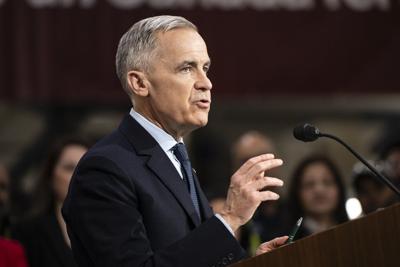Religious tolerance exists in much of sub-Saharan Africa, especially among Muslims and Christians.
DW reports that Sierra Leone stands out as a positive example.
Murtala Kamara, a Muslim who lives in Freetown, said, “In Sierra Leone, the practice of food sharing among Muslims during Ramadan is not limited to Muslims. Christians provide food for their Muslim friends during Ramadan, too.”
Ramadan is observed by Muslims throughout the world as a month of fasting, prayer and introspection. 77% of people in Sierra Leone identify as Muslims, while 22% are Christians. Both religions have a history of coexisting peacefully. Even the civil war between 1991 and 2022 that claimed 50,000 lives in the country did not stop their peaceful coexistence.
A pastor’s wife, Mariama Binta Caulker, said, “Sierra Leone is unique when it comes to religion. We believe that Christians and Muslims have no difference. What is most important is our hearts.”
A 2022 survey in Freetown by the German Institute for Global and Area Studies found that residents of Freetown had many “close social bonds” with people of other religions.”
According to the survey, people live in inter-religious families, where it is not strange for the husband and the wife to belong to different religions, friends may belong to various religions, and there is a lot of interreligious mixing.
Sierra Leoneans also show great respect for people of other religions. They are generally open to them and see them as equals.
The electorate in the Muslim-majority country reelected a Christian president last year, Julius Maada Bio, whose wife is a Muslim.
Many other nations in sub-Saharan Africa also have a high degree of religious tolerance. 95% of Africans identify with a religion. According to a 2020 Afrobarometer survey, 56% are Christians while 34% are Muslims.
However, this harmony is at risk in some parts of the continent including Nigeria, Mali, Gambia and Burkina Faso.







